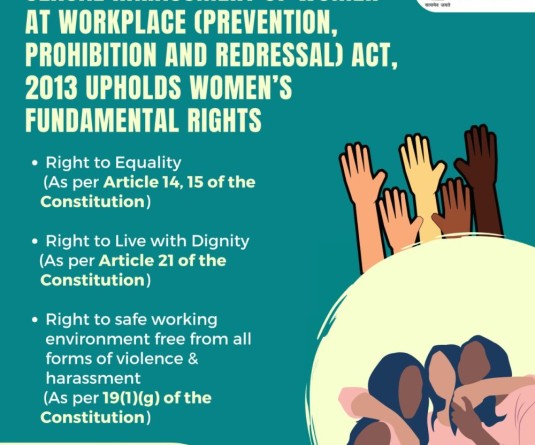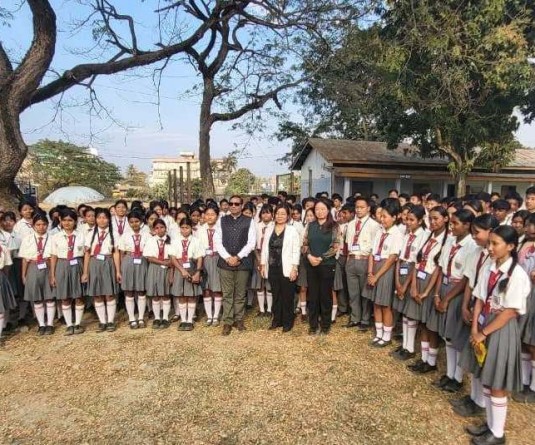
DIMAPUR, NOVEMBER 18 (MExN): Several Gaon Bura (GB) associations across Nagaland highlighted the continued relevance of the GB institution in modern governance, especially in urban areas during a consultative meeting on November 15. The associations stressed that the Gaon Bura system, an integral part of Naga identity and administration since its inception, bridges the traditional and the contemporary in a rapidly urbanizing world.
Responding to questions about its relevance in urban settings under the Urban Local Bodies (ULBs) system, the associations declared that customary laws and practices remain inalienable to Naga society. “Since time immemorial, every Naga indigenous citizen, whether in urban or rural areas, is part and parcel of Naga culture, tradition, and customary laws,” they stated in a press release. The GB institution, they emphasized, unifies both rural and urban communities under a common cultural identity.
While the term “Gaon Bura” historically refers to village elders, the associations argued that it should not be seen as incompatible with urban governance. “No individual or group, under the pretext of modernization, must try to alter the legacy that represents an unsurpassed Naga identity and history,” they stated. They proposed that non-Naga communities in urban areas adopt alternative designations, such as “Mukhiya,” to represent their localities while respecting Naga customs.
The associations clarified that urban GBs play crucial roles, such as maintaining law and order, assisting with census records, and providing proof of residence. They act as a vital bridge between the government and grassroots communities. “Urban GBs take responsibility to control unfavorable situations and report them to higher authorities, acting as a medium of enforcing the rule of law,” they stated.
The GB institution was introduced by the British administration in 1886 under the Regulation Act of Assam Land and Revenue. Initially established as a means to connect rural populations with colonial administration, the institution has since evolved into a cornerstone of Naga governance, they stated.
“The institution of Gaon Bura, which has survived all weathers since its inception, remains a cornerstone of governance in Naga society,” the associations emphasized. The British first set up their administrative headquarters in Samaguting (now Chumoukedima) in 1866 before moving to Kohima in 1879. From these early days, the GBs have served as intermediaries between the government and the people, ensuring the smooth implementation of policies and maintaining law and order.
The associations highlighted the constitutional recognition of the GB institution under Article 371(A) of the Indian Constitution, which grants special autonomy to Nagaland in matters of customary laws and practices. They described GBs as “custodians of Naga traditions” and key to preserving the community’s cultural and legal heritage.
However, they raised concerns over the gradual erosion of these rights. “In practice, the rights are demeaned and made redundant by none other than the Naga people themselves,” the associations observed. They underscored the need to protect the GB institution, which they argued is inseparable from Naga identity and history.
Quoting MLA Dr. Sukhato Sema, the associations reiterated that GBs are “the source, protectors, interpreters, and custodians of the Naga Customary Laws, Practices, and Traditional values.”
The associations also addressed misconceptions about the GB institution’s role in urban areas. Urban GBs, they clarified, do not wield the administrative powers of municipal councils but are indispensable to maintaining community order and facilitating governance.
They assist with population census data, verify residential proof, and help law enforcement agencies detect anti-social activities. During emergencies, urban GBs work to de-escalate tensions and maintain peace in their jurisdictions.
The associations called for unity and vigilance in preserving the GB institution and the customary laws it upholds. They warned that questioning the legitimacy of these practices undermines the Naga identity and the foundational principles of the state. “It will be a great folly to question the legitimacy of Naga customary laws and practices. Such actions are tantamount to total denial of Naga identity, ownership, and existence,” they stated.
The consultative meeting was attended by leaders from the Dimapur District GB Association, Mokokchung District GB Association, Kohima District GB Association, Chumoukedima District GB Association, Wokha District GB Association, and the GB Union Dimapur (Sadar). The statement was jointly signed by the presidents of these associations, who reiterated their commitment to safeguarding the legacy and functions of the GB institution.
This collective reaffirmation underscores the critical role GBs continue to play in bridging traditional governance with modern administrative systems, ensuring that the cultural fabric of Naga society remains intact amidst changing times.






